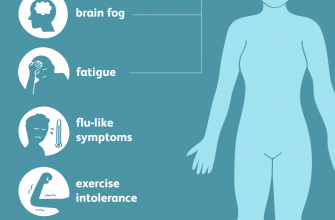A “Rare Diseases Program” typically refers to a healthcare initiative or research endeavor focused on addressing rare diseases, also known as orphan diseases. These diseases are characterized by their low prevalence in the population, often affecting fewer than 1 in 2,000 people. Despite their rarity individually, collectively rare diseases affect a significant number of people worldwide.
Rare diseases are often difficult to diagnose and treat due to their lack of visibility and the limited understanding of their underlying mechanisms. However, with advancements in medical research and technology, there has been a growing recognition of the importance of addressing rare diseases.
A Rare Diseases Program typically includes several key components:
1. **Research and Development**: This involves conducting scientific research to better understand the causes, mechanisms, and potential treatments for rare diseases. This may include basic research in genetics and molecular biology, as well as clinical research involving patients with rare diseases.
2. **Patient Advocacy and Support**: Rare diseases often have a profound impact on patients and their families, both emotionally and financially. A Rare Diseases Program may include patient advocacy groups and support services to help patients access healthcare, navigate the healthcare system, and connect with others facing similar challenges.
3. **Diagnostic Services**: Early and accurate diagnosis is crucial for rare diseases, as it can lead to better outcomes for patients. A Rare Diseases Program may include diagnostic services that specialize in identifying rare diseases, such as genetic testing and specialized imaging techniques.
4. **Treatment and Therapy Development**: Developing effective treatments for rare diseases is a major focus of many Rare Diseases Programs. This may involve testing existing drugs for new indications, developing novel therapies tailored to specific rare diseases, or repurposing existing drugs for rare diseases.
5. **Education and Awareness**: Increasing awareness and understanding of rare diseases among healthcare professionals, policymakers, and the general public is essential for improving diagnosis, treatment, and support for patients with rare diseases. Education and awareness initiatives may include conferences, workshops, publications, and online resources.
6. **Collaboration and Networking**: Rare Diseases Programs often involve collaboration among researchers, healthcare providers, patient advocacy groups, pharmaceutical companies, and government agencies. By sharing resources, expertise, and data, these collaborations can accelerate progress in rare disease research and improve outcomes for patients.
Overall, Rare Diseases Programs play a vital role in advancing the understanding and treatment of rare diseases, ultimately improving the lives of patients and their families affected by these conditions.




